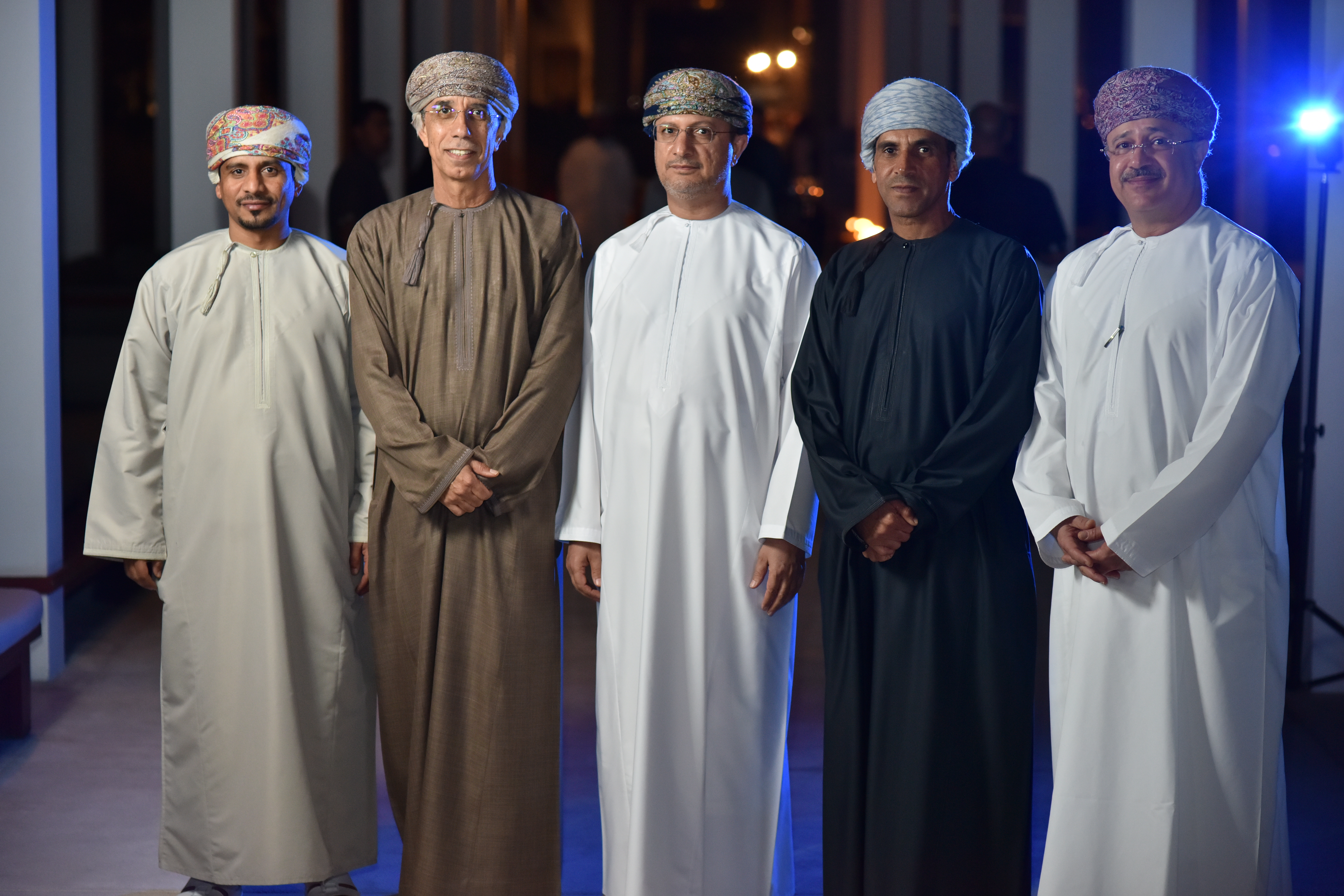
Muscat: Sohar Port and freezone is planning to establish an innovation zone inside the new free zone area, which will be built in close cooperation with Port of Rotterdam. “Together with private sector companies, international research institutes and some of the world’s top universities, we are seeking innovative solutions across a broad range of issues that affect our shipping, logistics and industrial sectors,” said Mark Geilenkirchen, chief executive officer of Sohar Port. “Ultimately this will all be in the best interests of consumers, both locally and internationally.”
Sohar Freezone will also witness a number of new developments in 2017, as plans for the second phase of the Freezone take shape. The first 500-hectares of phase one have almost all been leased out, explained Freezone CEO Jamal T Aziz: “We are currently improving the business environment based on the output received from Oman’s ‘Tanfeedh’ process. This includes further streamlining the Freezone’s One-Stop-Shop procedures for investors and ensuring that international best practices are applied. A new bonded road corridor, featuring the latest international customs procedures, will further improve connectivity between the port and adjacent free zone.”
The new food zone was one of the main highlights of plans announced for 2017, as Mark Geilenkirchen, explained: “One of our goals is to maximise our prime strategic location, advanced logistics infrastructure and optimal connectivity to help reduce the 70 per cent gap between food consumption and food production in the GCC; our new food zone development will also be seamlessly integrated with the Sultanate’s other food security efforts.”
“Sohar Port South is a significant land reclamation area, currently under construction, designed to accommodate new industrial projects that will be announced soon. The project will include new, deep-water berths to the south of the existing port area. It will give a substantial boost to the Sultanate’s diversification efforts, aimed to increase the contribution of non-oil sectors to GDP,” continued the CEO.
Sohar Port and Freezone revealed updated performance figures during its annual Business Reception at The Chedi in Muscat last week.Despite generally lower revenues and a slump in activity in the global maritime industry, throughput at Sohar was up again and topped an average of one million tonnes a week for 2016.
Container traffic was up by 15 per cent compared to 2015, break bulk up by 18 per cent, and liquid bulk throughput increased by 12 per cent year-on-year. Sohar received well over 2,600 vessel calls in 2016, also a significant increase in numbers despite the global trend towards larger ships.